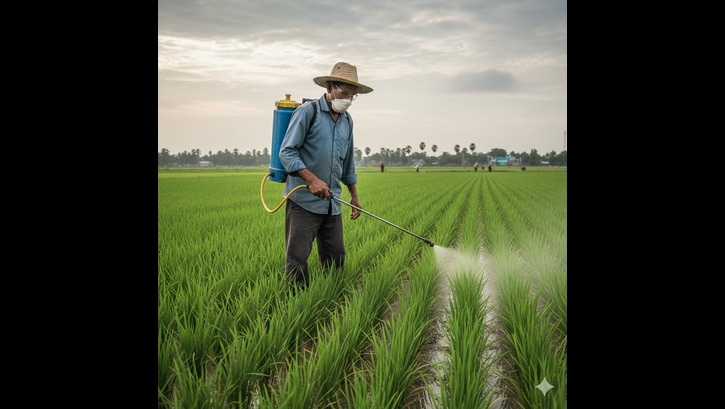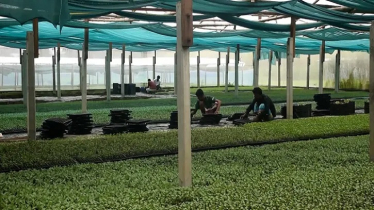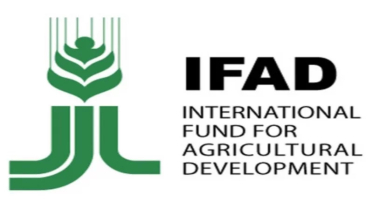
Dhaka: The Bangladeshi government has taken a landmark decision to cut down the country’s high dependence on imported agricultural inputs by allowing for the domestic production of all types of pesticides and agrochemicals. This move is expected to not only reduce the reliance on imports but also create new avenues for export, according to industry insiders.
The decision was finalized at a recent meeting held at the Ministry of Commerce, titled 'Unlocking the Door for Local Agrochemical Production and Export.' The meeting, chaired by the Commerce Secretary, was attended by representatives from the Bangladesh Agrochemical Manufacturers Association (BAMA) and 11 different ministries.
According to the meeting's proceedings, two major decisions were adopted to facilitate the local manufacturing and export of pesticides: The Ministry of Commerce will establish a system, modelled after the Directorate General of Drug Administration (DGDA), to manage the import of raw materials, regulate prices, and oversee production. This will make local manufacturing feasible and help build an alternative industrial sector. A list of these essential raw materials will be sent from the Ministry of Commerce to the National Board of Revenue (NBR) to simplify imports and grant necessary duty concessions.
Currently, the domestic pesticide market is valued at approximately BDT 7,500 crore. A staggering 96% of this market is import-dependent, with only 4% being locally produced. Seven multinational companies control 55% of the market, while local traders import the remaining 41%. Major global players like Syngenta Bangladesh, Bayer CropScience, UPL, BASF, and FMC Corporation dominate the market. Notably, Syngenta, with an annual business of about BDT 1,200 crore, has 46% government ownership through the Ministry of Industries.
Industry officials pointed out that high tariffs were the main barrier to local manufacturing. While finished pesticide products face only a 5% import duty, the raw materials required for domestic production are burdened with duties ranging from 30% to 58%.
Industry experts believe that easing the import of raw materials will lead to a minimum 30% reduction in the price of pesticides for farmers. If the government's new initiative is successfully implemented, domestic companies will be encouraged to ramp up production, ensuring that farmers get affordable products.
This national initiative is viewed by experts as a significant step that will unlock a new horizon for self-reliance and industrialization in the agricultural sector.





